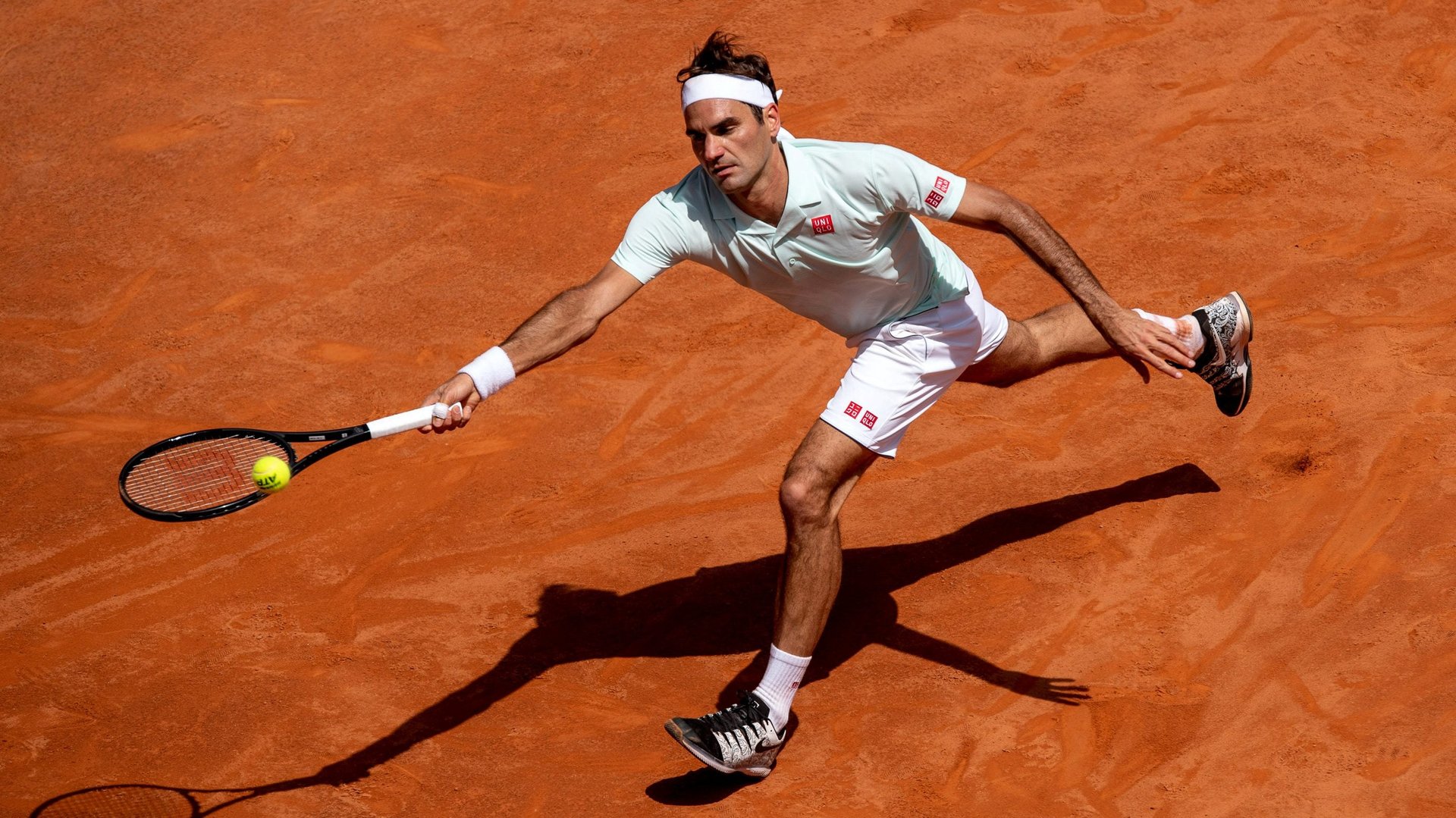Kids’ summer schedules should be about sampling, not specializing
By now, many well-heeled American parents have signed up their kids for summer camps in coding, math, innovation, or some other subject for intensive, immersive study.


By now, many well-heeled American parents have signed up their kids for summer camps in coding, math, innovation, or some other subject for intensive, immersive study.
Angela Duckworth, professor of psychology at the University of Pennsylvania and guru of grit, suggests another approach: this summer, take a generalist’s approach.
“Don’t confuse the healthy development of a work ethic with premature commitment to a singular passion,” she writes in her weekly email. She argues that while there are clearly benefits to specialization in adulthood and late adolescence, younger kids need to sample lots of things: “the exploration of possibilities that, really, you cannot know anything about until you try them,” Duckworth writes.
It is an unfortunate fact of modern, productivity-maximizing life that many parents channel their output-orientation toward their kids. In the US, this manifests itself particularly in the push for kids to specialize in a sport way earlier than they should, in a bid to gain entrance to highly competitive universities, offset the absurd cost of higher education, or just not miss the boat on securing a spot on an elite travel team.
For some kids, the ones who love the things they are pursuing, this is fine. I was one of these kids, and begged to be able to ice skate for as many hours a day as possible. But for too many children, it’s an unrealistic extension of parents’ wish to raise an exceptional child.
We know the story of Tiger Woods and golf or the Williams sisters and tennis. They started early and their parents were maniacally focused. Woods just became the oldest person to win the Masters; the Williams sisters have won nearly 150 titles between them. But as David Epstein, author of Range: Why Generalists Triumph in a Specialized World, notes in the New York Times, this isn’t the way most elite athletes grow up.
“Athletes who go on to become elite usually have a ‘sampling period,’” he writes. They try lots of sports, develop a wide variety of skills and learn about what they like and don’t like: team sports or individual ones; full-contact or less aggressive activities; inside or outside sports. “The way to develop the best 20-year-old athlete, it turns out, is not the same as the way to make the best 10-year-old athlete,” he notes.
He cites the example of Roger Federer, who in 2018, at the ripe old age of 36, became the oldest tennis player ever to be ranked first in the world. Federer spent his childhood dabbling in skiing, wrestling, swimming, skateboarding, and squash, also taking in basketball, handball, tennis, table tennis, and soccer at different times. Epstein writes that Federer later credited this wide range of activities with “developing his athleticism and coordination.”
Duckworth agrees, citing academic research to back up the fact that specialization is not the route to success (if success is determined by making it to the Olympics or becoming a professional athlete).
The truth is that more hours spent doing something probably makes you better at it. But there are caveats. K. Anders Ericsson, a leading expert on peak performance and author of various books, argues that practice, not talent, makes people excellent. And it’s a certain kind of practice, which he dubs “deliberate,” which is the most important. Among other things, it is really unpleasant, as I wrote previously:
Deliberate practice involves the pursuit of personal improvement via well-defined, specific goals and targeted areas of expertise. It requires a teacher or coach who has demonstrated an ability to help others improve the desired area of expertise—say chess, ballet, or music—and who can give continuous feedback. It also requires constantly practicing outside of one’s comfort zone.
But more than learning how to practice, the question should be: to what end? Maybe parents should stop fixating on how to make their kid amazing at soccer, and focus instead of what makes a kid happy. (Which, to be fair, might be excelling at soccer.)
A kid’s ideal summer schedule, according to them, is likely not to be rushed, stressed, and overextended. It probably involve lots of time with friends, plenty of down time, and some experimentation. Parents can design for this as carefully as they might for a series of camps—allowing kids to get bored once in a while, which can be good for them, or encouraging them to get a character-building summer job, the less glamorous the better.